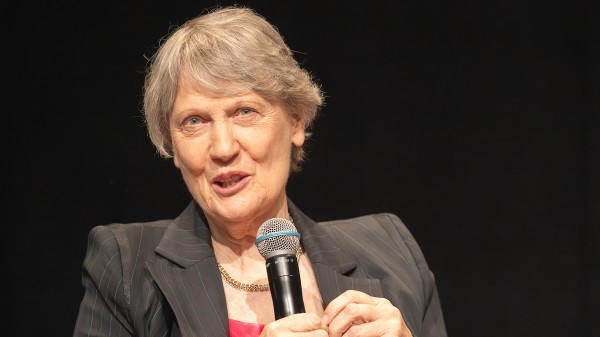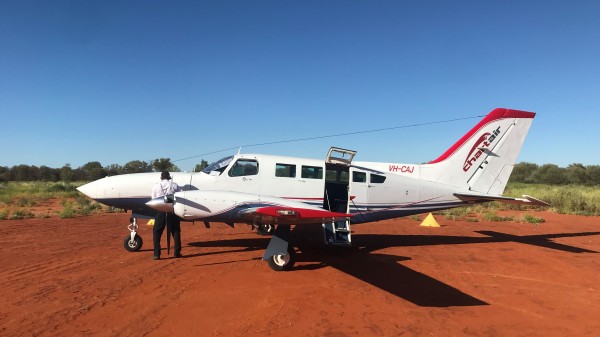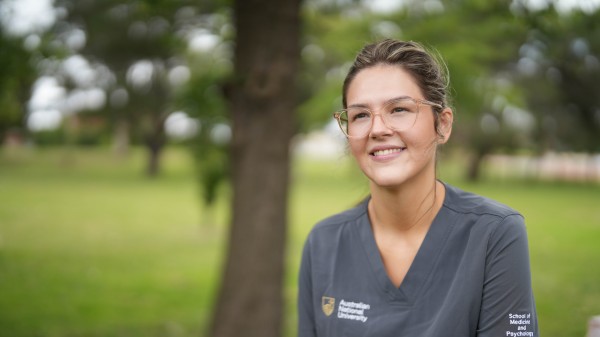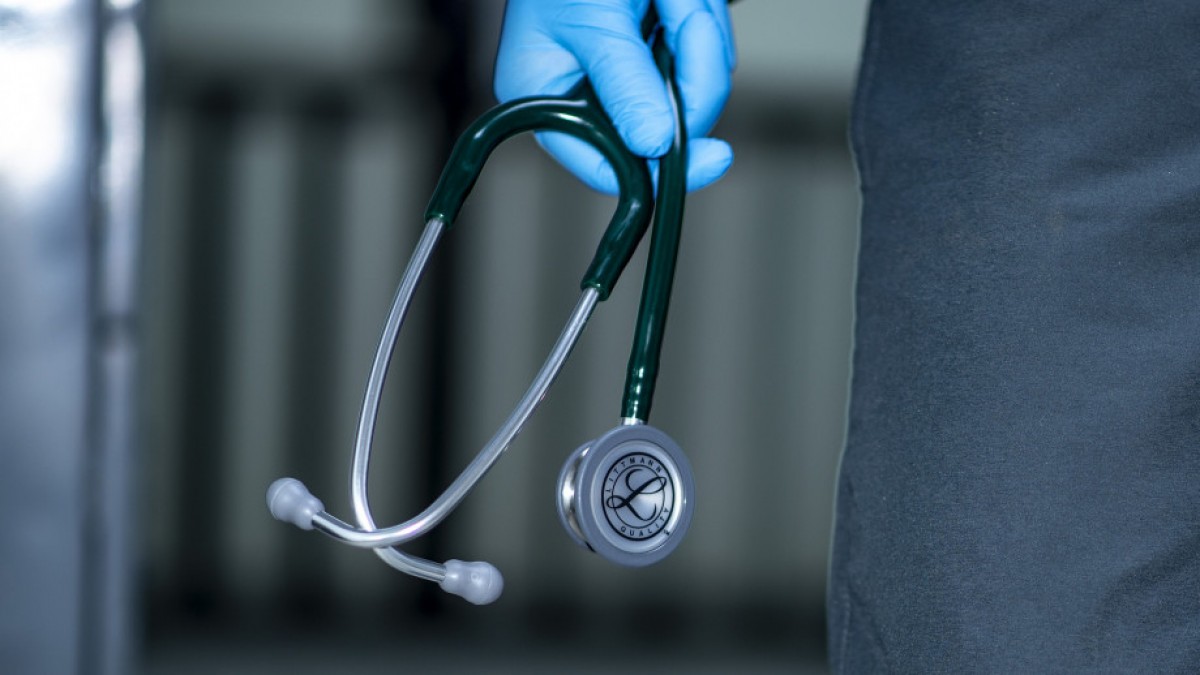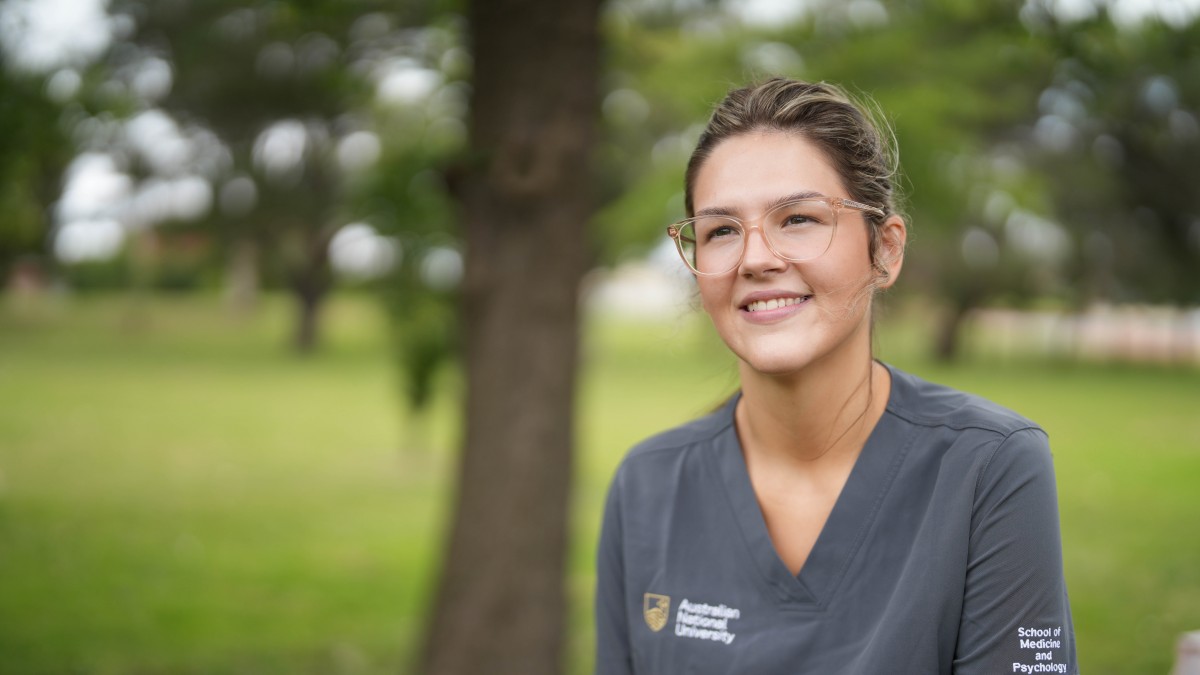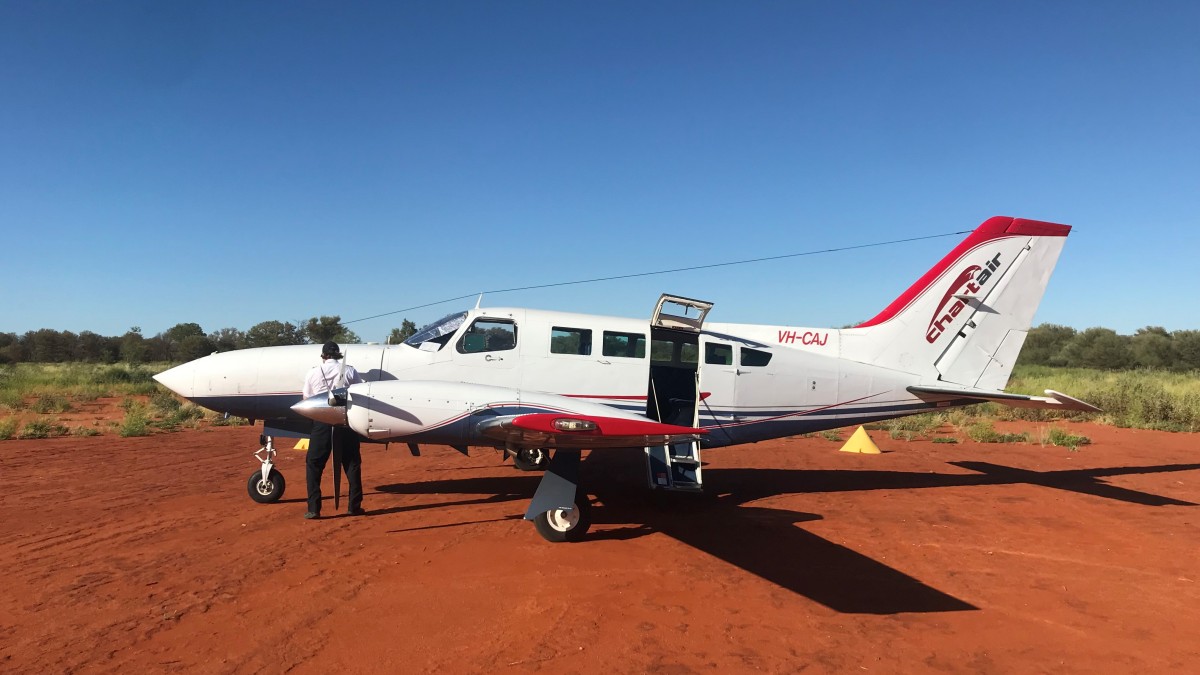A new global research group led by The Australian National University (ANU) will help tackle communication breakdowns in hospitals that contribute to over 450,000 people per year suffering from an avoidable critical incident.
The International Consortium for Communication in Health Care (IC4CH) brings together leading experts from around the globe to drive healthcare communication research and training for improved patient safety and outcomes.
Professor Diana Slade from the ANU Institute for Communication in Health Care said that in Australia an estimated 500,000 people are harmed by the hospitals they seek help from each year.
"When these incidents are investigated over 90 per cent are found to have a communication failure component," Professor Slade said. "That's at least 450,000 patients.
"These incidents can be misunderstandings between patients and clinicians, such as lack of clarity around a diagnosis or treatment options not being clearly understood or illegible patient records. Or it can be omissions or failures to clarify ambiguities and confusions in the handover process or in emergency departments.
"Hundreds of patients we have interviewed say they don't feel heard, they often don't understand what is being said to them and all too frequently they are not even part of the conversation about what's happening to them at all.
"In fact the problem around the world is getting worse. Never has communication about health been more important, from the news in the media to the hospital bedside."
It is estimated there are over 50 million shift handovers per year in Australian hospitals, including nursing, medical and allied health.
The new global consortium will use cutting-edge research to help drive new healthcare communication methods and training. The group's research includes listening in to and observing emergency departments in "real time".
"Our research takes place as events are unfolding," Professor Slade said.
"The recordings are transcribed verbatim, de-identified and analysed to see where the potential risk points are and how these misalignments can accumulate across a patient's journey and contribute to a serious adverse event.
"We now have over two million words of authentic hospital interactions which we believe is one of the largest data bases of hospital interactions in the world.
"Our goal is to translate cutting-edge communication knowledge into best practice and training for safe and compassionate health care. In many ways, the message is the medicine. So we need to make sure we get these messages right."
IC4CH members include ANU, University College London, Lancaster University, Nanyang Technological University, the University of Hong Kong and the Queensland University of Technology.
As part of the formal launch of the new consortium, IC4CH members will present their research on healthcare communication during the COVID-19 pandemic at a special webinar this Wednesday.





